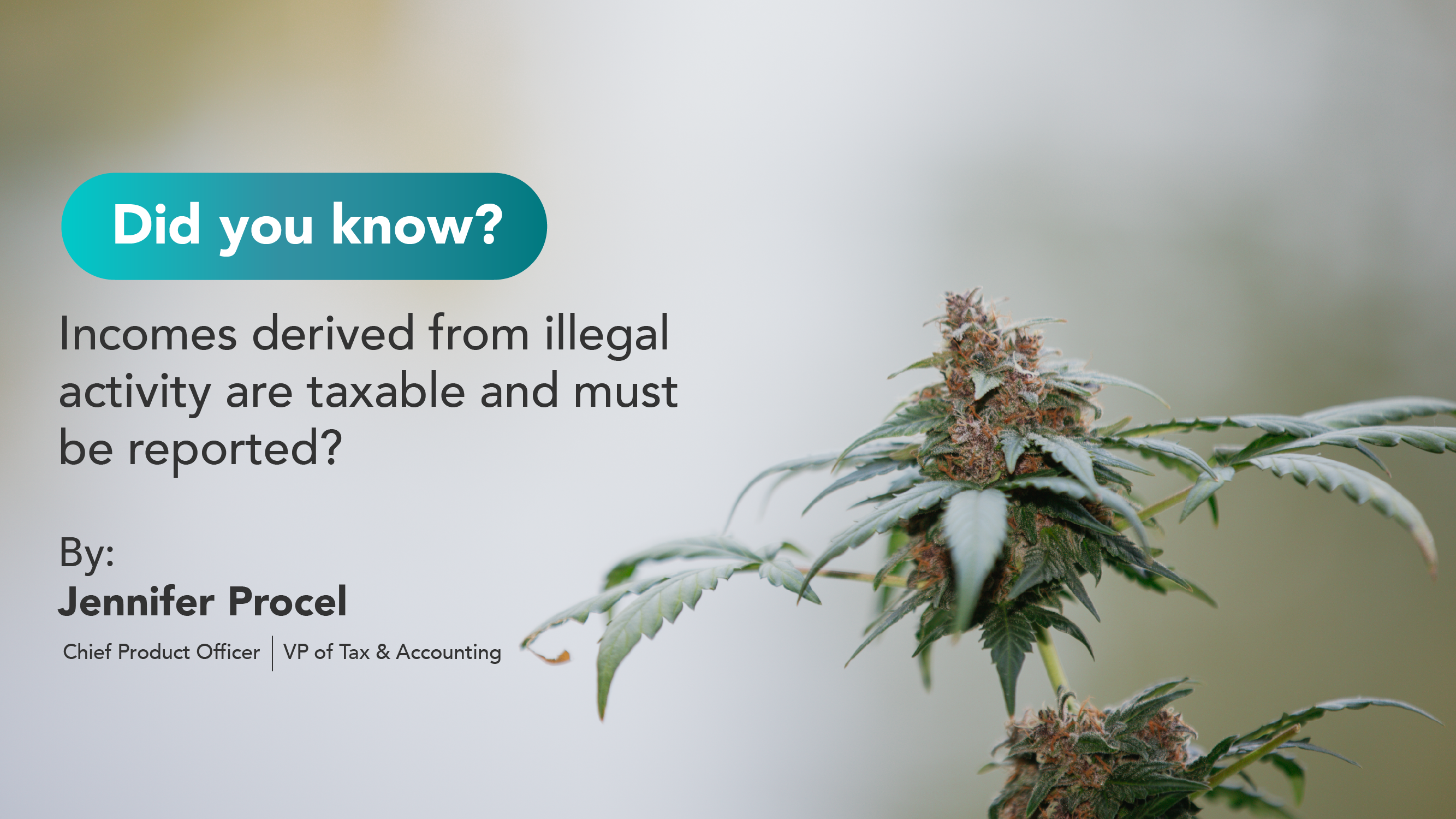How Parents Can Save Money On Taxes
Parents, did you know there are several tax credits, deductions and adjustments that you should be aware of? Whether you are a first-time parent or you’re looking to brush up on your tax knowledge, this one’s for you.
Claiming Your Child As A Dependent
Most of you are probably already doing this, but if you become a parent in 2020, you’ll want to add claiming your child as a dependent to your tax checklist. For your child to be claimed as a dependant on your 2020 tax return, they must fall under a few guidelines.
The child must be your child including adopted and foster children, sibling, niece, nephew or grandchild and they must be under 19 or under 24 and a student or permanently disabled. Additionally, the child has to live with you for more than half of the year and you must provide at least half of their financial support for the year. You can start filing your tax return online with IOOGO Tax Pro.
Child Tax Credit
Starting in 2018, the IRS introduced the child tax credit, which directly reduces your tax bill by $2,000 per qualifying child. The credit works a little differently than previous tax deductions, so let’s break it down.
Who Qualifies For The Child Tax Credit?
In order for your child to qualify for the child tax credit, they must be under 17 years of age at the end of the year and must be your own child, step-child, foster child, brother or sister (including half-siblings), grandchild, niece or nephew. The child must be living with you more than half of the year and be claimed as a dependent on your taxes. If you had a child who was born or died during the tax year, they will automatically be considered living with you at least half of the year. Lastly, they will need to be a U.S. citizen, national or resident alien. Important to note that the child tax credit is phased out if your household income exceeds $200,000 and $400,000 for joint filers.
Do I Get To Keep Any Overflow Credits?
If your tax bill is reduced to zero, you won’t get any overflow money unless you qualify for the Additional Child Tax Credit. You may be eligible for up to $1,400 per qualifying child and you can fill out IRS Form 8812 to find out if you qualify.
Earned Income Tax Credit (EITC)
In addition to the child tax credit, parents can also qualify for income-based tax credits when they are caring for their children. If you make a low to moderate income, of $56,844 or less (including investment income of $3,650 or less), you could be eligible for $538 to $6,600 depending on your income, filing status, and number of children. One major caveat is that you must be married and filing jointly to claim the tax credit. Single parents may claim the tax credit if they qualify for the Head of Household filing status. To claim the child as a qualifier to receive the EITC, the child must fall under the same determining rules as being identified as a dependent.
Additional Beneficial Tax Deductions For Parents
The child tax credit is the biggest parental credit to be aware of but you can also qualify for a handful of other deductions to help lower your yearly tax bill. Here are a few key callouts:
- Child care expenses: For children under 13
- Adoption tax credit: Includes qualifying expenses like attorney fees and travel expenses
- Higher education tax credits:
- Student loan interest: Ability to deduct interest paid towards student loans
If you’re ready to file, sign-up for our IOOGO Tax Pro software or let us prepare them for you with IOOGO Tax Pro +, so you can get back to spending time with your kids.





